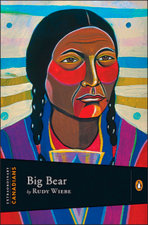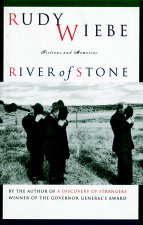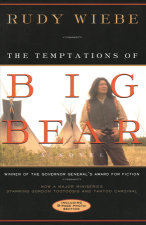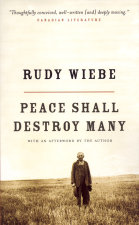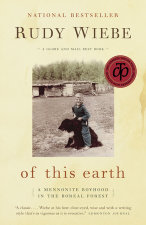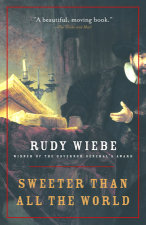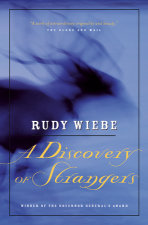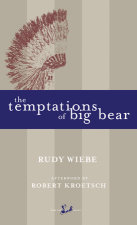Extraordinary Canadians: Big Bear
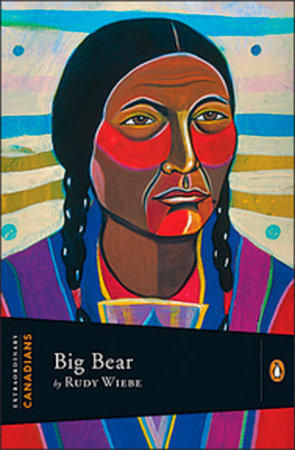
Big Bear (1825–1888) was a Plains Cree chief in Saskatchewan at a time when aboriginals were confronted with the disappearance of the buffalo and waves of European settlers that seemed destined to destroy the Indian way of life. In 1876 he refused to sign Treaty No. 6, until 1882, when his people were starving. Big Bear advocated negotiation over violence, but when the federal government refused to negotiate with aboriginal leaders, some of his followers killed 9 people at Frog Lake in 1885. Big Bear himself was arrested and imprisoned. Rudy Wiebe, author of a Governor General’s Award–winning novel about Big Bear, revisits the life of the eloquent statesman, one of Canada’s most important aboriginal leaders.
$21.00
August 30, 2011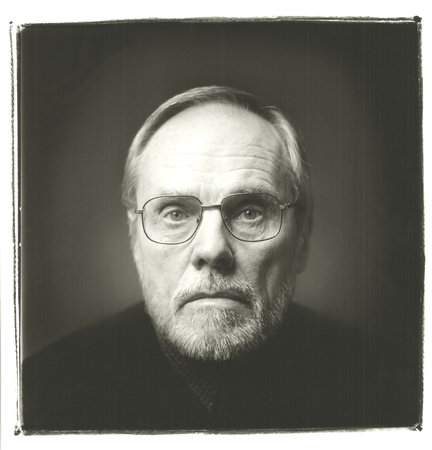
Rudy Wiebe was born on October 4, 1934, in an isolated farm community of about 250 people in a rugged but lovely region near Fairholme, Saskatchewan. His parents had escaped Soviet Russia with five children in 1930, part of the last generation of homesteaders to settle the Canadian West, and part of a Mennonite history of displacement and emigration through Europe and Asia to North and South America since the seventeenth century. In 1947 his family gave up their bush farm and moved to Coaldale, Alberta, a town east of Lethbridge peopled largely by Ukrainians, Mennonites, Mormons, and Central Europeans, as well as Japanese, who ended up there during WW II.
Rudy Wiebe read as much as possible from an early…

